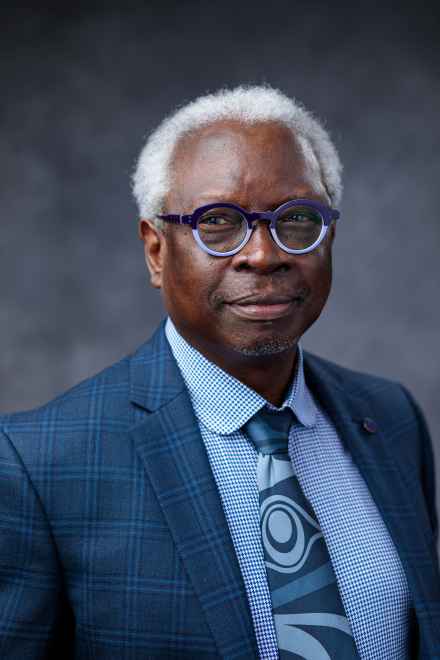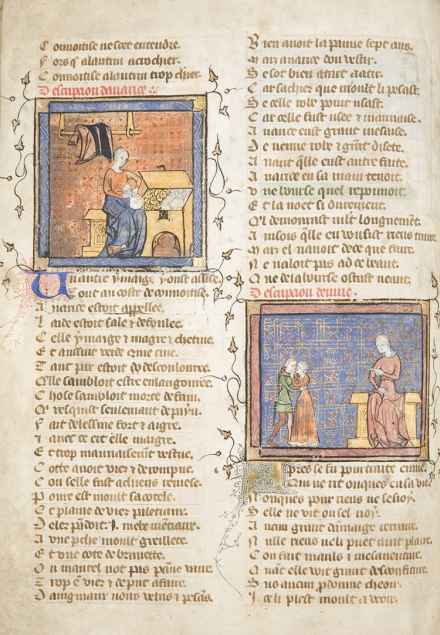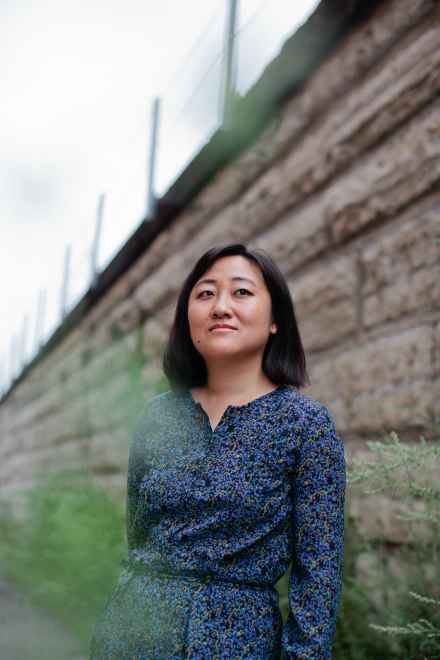Humanities Scholar Elected to the American Academy of Arts and Sciences
Mufwene is among 269 new members, which includes four other UChicago faculty, honored this year from a range of academic disciplines and selected from more than 1,300 nominations.
The Edward Carson Waller Distinguished Service Professor in the Department of Linguistics and the College, Mufwene is a leading expert on the emergence of creoles and on globalization and language. He received this honor for his breakthrough research in the evolution of language.




